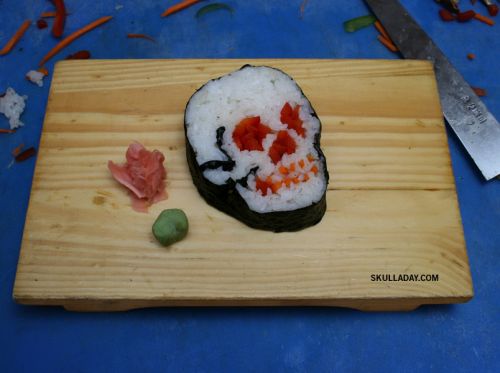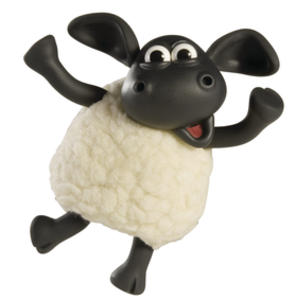Alysa Golden didn’t want to become an egg mogul. She just wanted a good egg – farm fresh, free from hormones, laid by chickens raised in a cruelty free environment.
Her quest for the perfect egg led her to a Mennonite community in Southwestern Ontario. The farm delivered them to her front door.
"The eggs were wonderful, full and thick and rich," says Golden. Two months ago Golden started ordering eggs for her east end Toronto neighbours. She leaves the eggs on her porch and her neighbours pick them up, cross their name off a clipboard and stuff a cheque in a box.
.jpg) It’s based on an honor system. And she hasn’t lost a dime.
It’s based on an honor system. And she hasn’t lost a dime.
According to the Toronto Star, Golden’s venture spoke to the untapped need of many consumers to get back to basics and to understand where their food is from at the most elemental level.
The locavore movement is not new, of course. Buying food from nearby farms makes sense, both from a health and carbon footprint standpoint, although Toronto Public Health warns consumers against purchasing eggs outside normal channels.
Many high-end restaurants exploit the farm fresh movement in their marketing. But this wasn’t about eating a fancy dinner. It was about city parents, tired of stuffing processed food into their kids, wanting to introduce their children to a "real" egg, says Golden.
Buoyed by her success, Golden started distributing eggs from her company, which she called Eggy Weggs. The other "depots" included a couple of health food stores in Toronto and most recently the popular Lazy Daisy Café in the Leslieville neighbourhood.
Chapman doesn’t make a profit off the sales. Her café is simply a pick up station. And like Golden’s home, the honor system is in effect, with egg buyers picking up their trays and crossing their name off the clipboard.
The eggs cost $6.50 per dozen, which is about a buck and a half below what comparable products might sell for, says Golden.
But Jim Chan, manager of healthy environments for Toronto Public Health, says shoppers should ask if the eggs have been graded and are legal. "Just because it says farm fresh, that’s not good enough. Everything’s farm fresh, it’s not like the guy got them out of his basement," says Chan.
Chan’s staff cracked down on egg vendors in February and March. Six vendors were notified they will be charged for having ungraded eggs. By law, eggs must be sorted, washed, and inspected to be free of leaks and cracks. Only Canada Grade A eggs are allowed for human consumption.
"If there is a hairline crack you could get salmonella or bacteria inside the shell which can lead to real health problems," says Chan.
Last February, Toronto Public Health charged six other vendors. Farm Fresh Supermarket at Sheppard Ave. E was fined $10,000 on egg-related charges.
Golden says her eggs are from farms that have their produce graded at the Green Meadow Eggs grading station in Southwestern Ontario.
An official from the Canadian Food Inspection Agency contacted by the Star said Green Meadows is a certified grader.
 Texas, said Curtis Allen, a spokesman for the Food and Drug Administration. No deaths have been reported.
Texas, said Curtis Allen, a spokesman for the Food and Drug Administration. No deaths have been reported.
 “We’re here, it’s steer, technically.
“We’re here, it’s steer, technically.  Watch proclaims that doo doo chicken is the new pink slime
Watch proclaims that doo doo chicken is the new pink slime Restaurant inspection disclosure in Brisbane (that’s in Australia) sucks because it’s voluntary: only two stars out of five? No need to post.
Restaurant inspection disclosure in Brisbane (that’s in Australia) sucks because it’s voluntary: only two stars out of five? No need to post..jpg)

 On April 1, an independent lab confirmed the products tested positive for Salmonella. It was found in raw milk sold in a plastic bottle and raw milk cheese with a date code of March 25, 2012.
On April 1, an independent lab confirmed the products tested positive for Salmonella. It was found in raw milk sold in a plastic bottle and raw milk cheese with a date code of March 25, 2012. Julia now says
Julia now says 72 per cent from 2000 to 2010 … if consumers were to cook their beef thoroughly then there would be no risk of infection."
72 per cent from 2000 to 2010 … if consumers were to cook their beef thoroughly then there would be no risk of infection.".jpg) It’s based on an honor system. And she hasn’t lost a dime.
It’s based on an honor system. And she hasn’t lost a dime. maggots.
maggots.